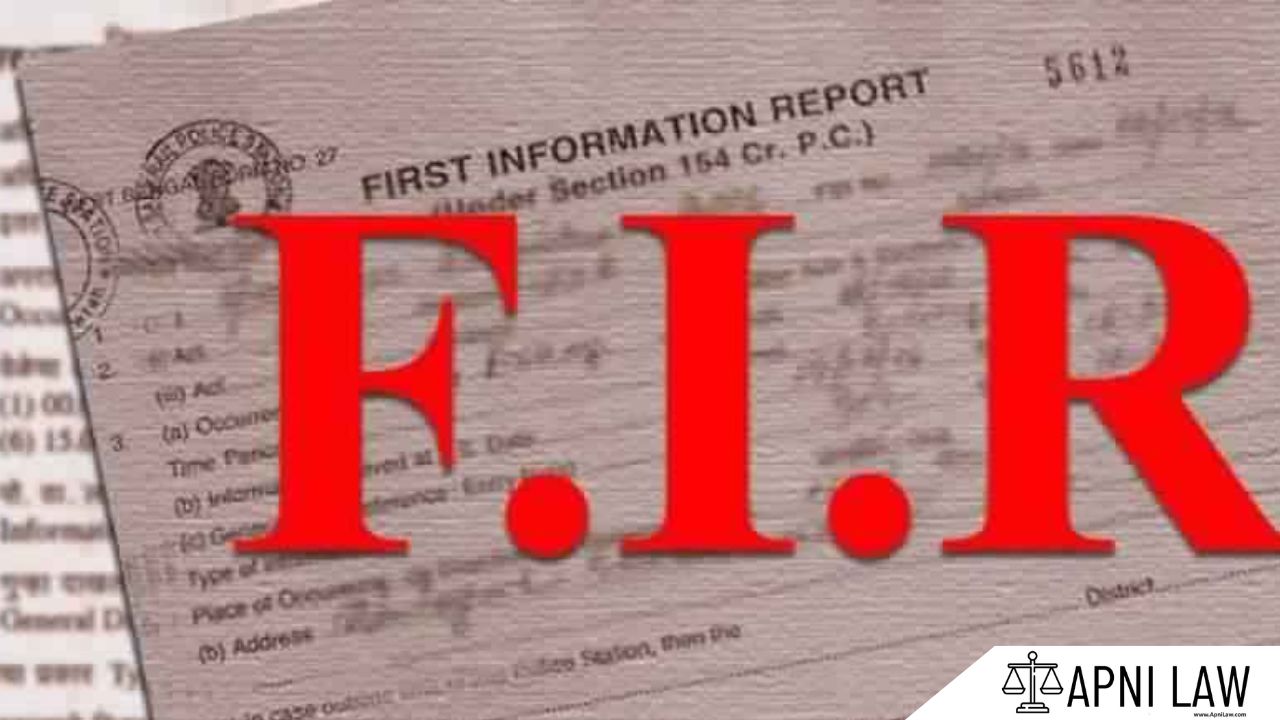Introduction
The Prevention of Corruption Act zeroes in on bribery involving public servants. It penalises any public official who obtains, accepts, or attempts to obtain an undue advantage to perform, or refrain from performing, public duties improperly or dishonestly. The law also criminalises the acceptance of any reward for such misconduct, whether carried out by the official directly or through influence over another. Even planning, demanding, or attempting the bribes constitutes an offence.
Is Bribery A Crime by Public Servants Under Section 7?
Under the Prevention of Corruption Act, any public servant who engages in bribery commits a serious offence. If a public servant accepts, obtains, or even tries to obtain any undue advantage from a person with the intent to perform public duties improperly or dishonestly, they are liable for punishment. This also applies if they seek a reward for such dishonest actions or for not performing their duty.
The law also punishes a public servant who acts dishonestly or influences another public servant to do so, in return for a bribes. The punishment includes imprisonment for a minimum of three years, which may extend to seven years, along with a fine.
Explanation 1 of this section clarifies that simply seeking or accepting an undue advantage is an offence, even if the duty is not performed improperly.
Illustration: If a public servant asks ₹5,000 to process a routine ration card application on time, they are guilty under this law.
Explanation 2 of this section expands the meaning of accepting or obtaining undue advantage. It includes misuse of position, using personal influence, or any corrupt method to gain a benefit, either for oneself or someone else. It doesn’t matter if the bribe is taken directly or through a third party.
Latest Case Law: Licensed Stamp Vendor Deemed Public Servant
In Aman Bhatia v. State (2025), the Supreme Court underscored the breadth of “public servant” under the Prevention of Corruption Act. The Court held that licensed stamp vendors perform essential public functions, issuing stamp papers, and thus fall within the definition of public servants. Despite initial conviction under Sections 7 & 13(1)(d), the apex court acquitted Bhatia. It clarified that conviction requires proof of voluntary acceptance of a bribe and demand, not merely recovery of tainted money.
Conclusion
This legal provision is a powerful tool against official corruption. It criminalises every step of bribery, from demand to acceptance and facilitation. The Act applies broadly, even to non-traditional public servants such as stamp vendors. The law strengthens integrity in public administration and reinforces public trust.








